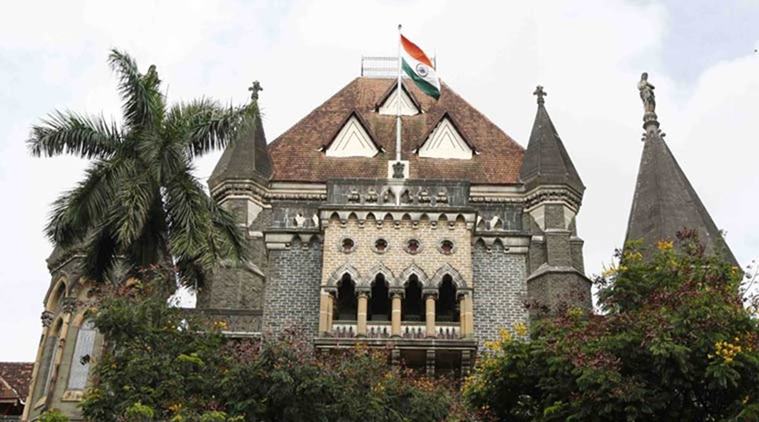
Bombay High Court on Monday quashed and set aside the death sentence handed out by a trial court to a man for raping and murdering a minor in Andheri. The court also directed the state government to pay Rs 10 lakh to the parents of the victim for “negligent investigation”.
A division bench of Justice B P Dharmadhikari and Justice P D Naik passed the judgment in an appeal filed by the man challenging a March 2016 order of the trial court, sentencing him to death on rape and murder charges.
The bench quashed and set aside the conviction and death sentence, but held him guilty under Section 201 (causing disappearance of evidence of offence or giving false information to screen offender) of the IPC for destruction of evidence and sentenced him to seven years in jail. The man, who has already served seven years in prison will, hence, be released.
According to the prosecution, the father of the victim approached the police after his minor daughter went missing on January 1, 2012. The very next day, he received information from the police about an unidentified body of a minor child having been found. He identified the body as his missing daughter. Following the incident, the father learned that a person working in an advertising firm in his area had killed his daughter and had disposed of her body in Andheri. Later, the accused was arrested.
During the arguments, lawyer Yug Chaudhary told the court that in a statement before the trial court, the accused had said that the girl had died in an accident after a huge plank of plywood fell on her. Following that, on the instructions of his employer, he disposed of the body.
The bench observed that police did not carry out the investigation in consistence with the requirements of law relating to the circumstantial evidence. The court said that it was impossible at this stage to find out the truth as many years have passed since the incident. “But omission to conduct proper investigation definitely entitles family of the victim to reasonable compensation from the state government,” the bench said.